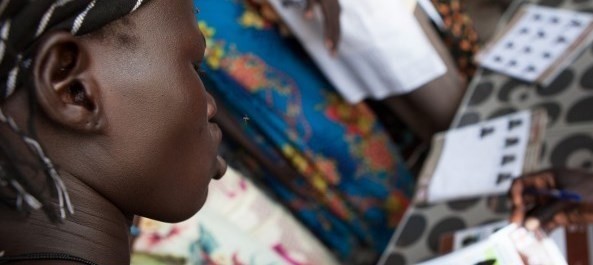The International Committee of the Red Cross (ICRC) on Friday said it is following more than 4,000 cases of South Sudanese who are missing.
30 August marks the International Day of Missing Persons. The day is an occasion to recall the consequences of having a missing relative and also the need to build legal frameworks to support people looking for loved ones.
In a statement extended to Radio Tamazuj, the humanitarian institution said most of the people have gone missing because they were forced to flee fighting or internal violence and lost contact with their loved ones.
“Each of these cases represents a family who is searching and living with the agony of not knowing what happened to their loved one,” said James Reynolds, ICRC’s Head of Delegation in South Sudan. “Some of these families haven’t heard from their relatives for years and can’t move on. They wait for a husband, a son, a sister and suffer social, economic and psychological consequences.”
The ICRC said it has registered 451 missing people in South Sudan this year, bringing the total caseload to 4,225. However, with about four million people displaced inside and outside of the country, and the difficulties to access some areas or limited cellular networks, the number of missing people is probably higher.
“Under international law, states have the obligation to prevent people from going missing and if people go missing, they have a responsibility to clarify their fate and whereabouts,” said Reynolds. “A legal framework in South Sudan would translate the international legal obligations of the state into practical actions to register and trace missing people as well as provide support to their families.”
The ICRC is an independent organization ensuring humanitarian protection and assistance for victims of war and armed violence. It takes action in response to emergencies and promotes respect for international humanitarian law and its implementation in national law.




